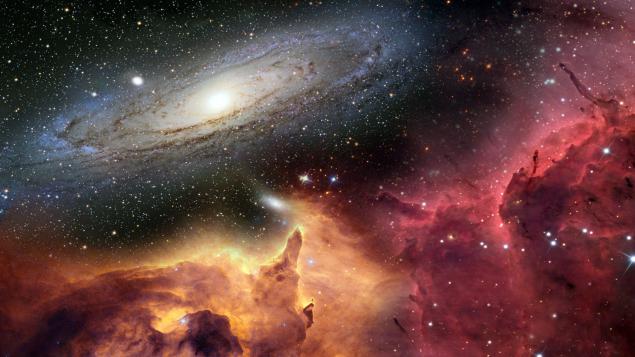700
until it's removed!!! Banned from all cinemas in the world. The Spirit of Time

The Greatest Zeitgeist Story: The Spirit of Time
The first part of the film contains criticism of religion, mainly Christian. This part of the film argues that the main elements of Christianity, the central of which is the image of Jesus, have their origins in other, older religions, astronomical facts and astrological myths, which, in turn, have their roots in even older traditions. To substantiate the thesis about Jesus as a “myth,” the film’s authors attempt to show that he is nothing more than a literary and astrological hybrid created for political purposes. The film ZEITGEIST is based on the materials of the poet and Egyptologist-amateur of the XIX century Gerald Massey, researcher of mythology Joseph Campbell, writer D. M. Murdoch, anthropologist George Fraser.
Horus, the ancient Egyptian god of the sun, the son of Isis, lists attributes in which, according to the authors, there are similarities with the attributes of the gods of other religions that appeared later: Attis, Krishna, Dionysus, Mithras, Jesus Christ and others. Some of these attributes are as follows: Born of a virgin on December 25, began preaching at 30, had 12 disciples with whom he traveled and performed miracles, was killed, buried, and then resurrected.
To explain the reason for the birth of December 25, the authors argue that on the winter solstice, that is, December 22, on the shortest day of the year (in the northern hemisphere). The sun sets near the constellation of the Southern Cross, just as Jesus was crucified on the cross and died. For three days, the change in the time of sunrise is imperceptible. Then, on December 25, the length of daylight increases, marking the birth of the "god of light", or sun god.
In conclusion, the authors of the film conclude that Christianity is nothing more than a Gnostic myth, used by the Roman Empire for the sake of power over the peoples of Europe. The Dark Ages, the Inquisition, and the Crusades served to ensure that Europe was subject to the Vatican.

























